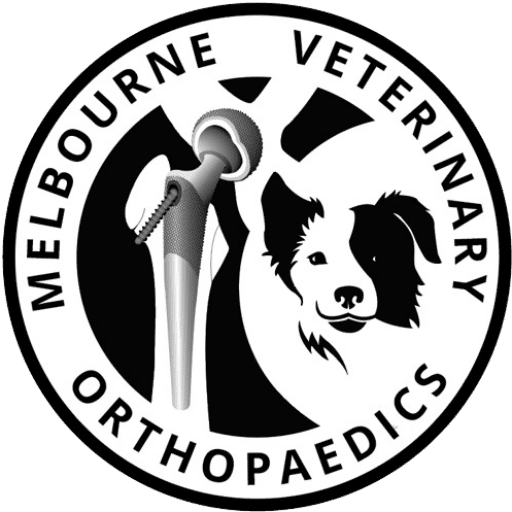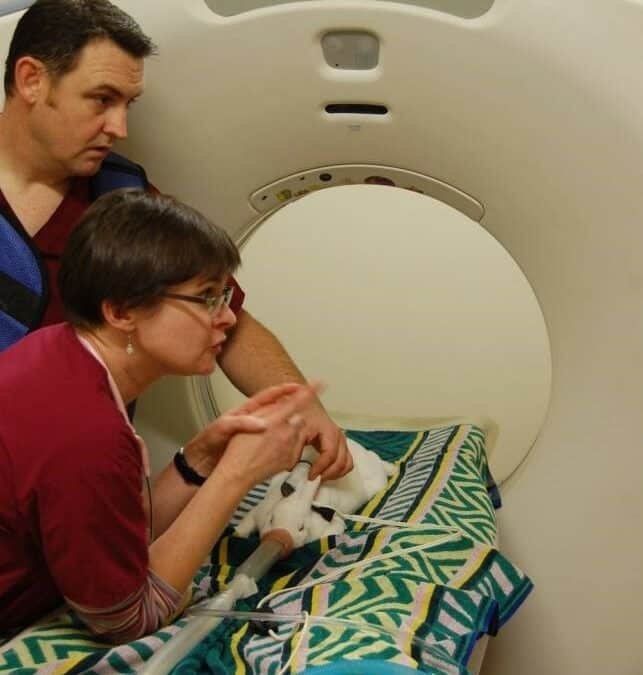Rabbit orthopaedic surgery is a specialized field that addresses various musculoskeletal issues in rabbits. Because of their unique anatomy and physiology, surgical techniques and considerations for rabbits can differ significantly from those used in dogs and cats. Here are some key points about rabbit orthopaedic surgery:
Common orthopaedic issues in rabbits
- Fractures: Rabbits are prone to fractures, particularly in the hind limbs, due to their strong hind leg muscles and propensity for jumping. Fractures can occur from falls, accidents, or rough handling.
- Luxation: Dislocations of joints, especially the hip or patella (kneecap), can occur and may require surgical intervention to reposition and stabilize the joint.
- Osteoarthritis: Older rabbits can develop arthritis, which may necessitate surgical options to improve mobility and reduce pain.
- Malocclusion: While not strictly an orthopaedic issue, dental misalignments can affect a rabbit’s ability to eat properly and lead to weight loss. Surgical correction may be required.
Considerations for your rabbit’s orthopaedic surgery
- Anesthesia: Rabbits require careful management during anesthesia, as they are more sensitive than many other species. Specialized techniques and monitoring are essential to minimize risks.
- Pain Management: Effective pain management is crucial in rabbits, as they can hide signs of pain. Pain relief is usually provided through medications that are safe for rabbits.
- Surgical Techniques: Techniques may include the use of internal fixation (pins, plates, or screws) or external fixation devices to stabilize fractures. The choice of method depends on the type and location of the fracture.
- Post-operative Care: Rabbits require specific post-operative care, including monitoring for signs of pain, ensuring they eat and drink, and preventing them from engaging in activities that could jeopardize healing.
- Recovery: Recovery can vary based on the type of surgery performed. It’s essential to provide a stress-free environment and gradual reintroduction to normal activities to ensure successful healing.
When surgery is needed for your rabbit
Surgery may be indicated in cases of:
- Severe fractures or those that cannot heal on their own
- Persistent lameness or pain despite conservative management
- Joint luxations that do not resolve with manual reduction
Consultation with a veterinarian
If you suspect your rabbit has an orthopaedic issue, it’s important to consult with a veterinarian experienced in exotic animals or a specialist in rabbit medicine. They can provide a thorough examination, recommend appropriate diagnostic imaging (like X-rays), and determine the best treatment plan, whether surgical or non-surgical. If treatment is surgical, they will refer you to a veterinary surgeon like Dr Chris Preston at Melbourne Veterinary Orthopaedics.

